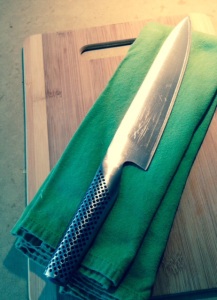
5
Woe is me! Break out the tiny violins! I am in full-whine mode!
Numbers, numbers, numbers, numbers. Add, divide, multiply, subtract. Take note, shift columns. Despair. For months, the numbers have been backhanding me, to and fro, up and down. Bullying, mocking, teasing mercilessly, always heading in the wrong direction. Property taxes have increased. Life expectancy has plummeted. The bank account is steadily dwindling. With my illness, work, or a job, isn’t really feasible, though occasionally I sell a book or two (not mine, mostly scholarly or collectible tomes), which brings in a few bucks. And inflation! Everything costs more. Just a few years ago I seldom paid more than a dollar a pound for chicken thighs. Nowadays we’re lucky to pay four times that amount. And so it goes.
But, a few weeks ago, the numbers finally stepped in firmly on my side! In May, scans showed that my lung cancer had spread to the brain; nine small lesions were found, cause for concern, as you might imagine. Now, nine is a fascinating number, majestic, mystical, some might say. Multiply it by two, and you get 18. Add the two digits that comprise 18, one and eight, and you get 9. Multiply it by three: 27. Total the two digits forming 27, and you get, yes, 9. Multiply it by four, by five, by six, by seven, eight or nine. Fifteen. Twenty. Add the digits that comprise the sum and you return to nine. Interesting, no?*
But I’ve digressed. Nine is not the digit one wants to hear when discussing the number of lesions manifested in one’s brain. That was the situation a few months ago. But now, apparently, the numbers have taken my side, and I no longer need concern myself with that figure. Recent scans revealed that the lesions have resolved; they’ve disappeared! In other words, the treatment is working. Oh, the cancer is still with me elsewhere, but after months of bad report after bad report, the news is finally trending in the right direction.
So today I praise the magical number nine, which, in my case, has transformed itself into nothing, a circumstance most worthy of commemoration. What numbers do you celebrate, and why?
*If this sounds familiar, you may have read my essay originally posted here in February 2014.












